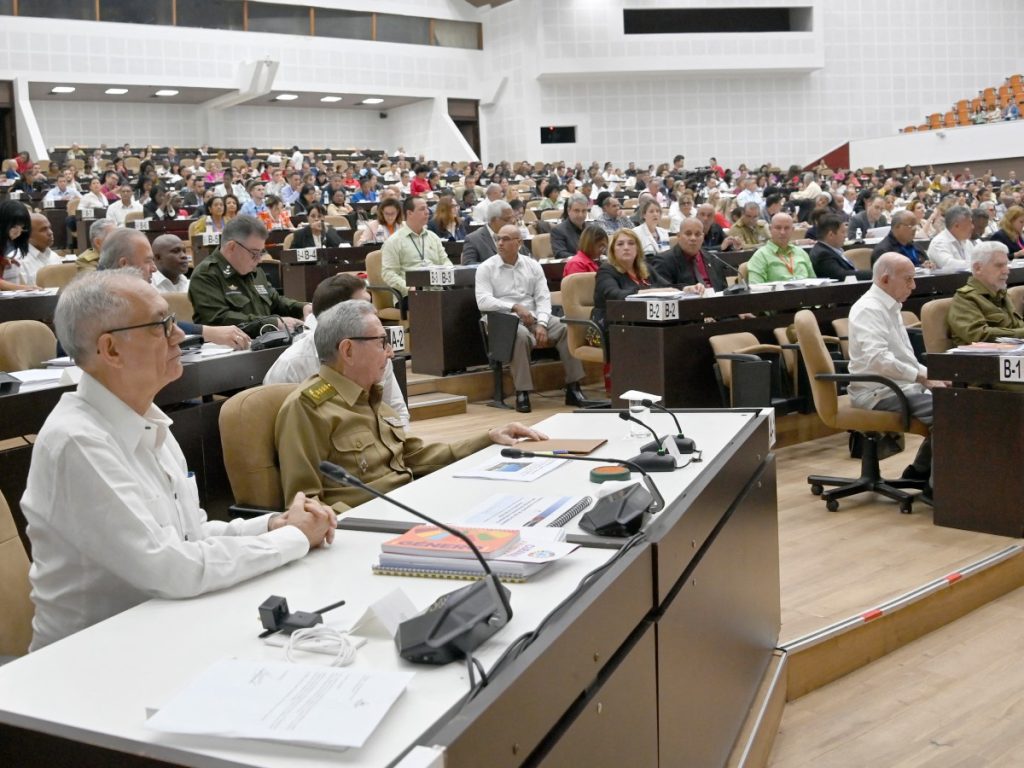Cuba plans to adopt a floating exchange rate as the country grapples with an annual inflation rate of 28% recorded in late October, Prime Minister Manuel Marrero announced during a session of the Cuban parliament.
Marrero explained that the new exchange rate regime introduces greater flexibility, allowing the rate to adjust in response to changes in supply and demand. The implementation will occur gradually, aiming to ensure the bank remains integrated within the broader exchange market, including combating the rise of illegal exchanges.
Since the 2021 monetary reform and the partial opening of certain sectors to private individuals, the Cuban peso has faced significant depreciation. This shift has fueled the growth of a parallel market, driving rampant inflation—a phenomenon unfamiliar to many in Cuba’s historically centralized economy. While the official exchange rate stands at 120 Cuban pesos per U.S. dollar, the parallel market exchange rate surged to 320 pesos as of Wednesday.

By late October, inflation had eased slightly but remained high, Marrero acknowledged. Year-on-year inflation was reported at 70% in 2021, 39% in 2022, and 30% in 2023, reflecting the persistent economic challenges facing the island.
Despite the growing economic pressures, neither Marrero nor Economy Minister Joaquín Alonso Vázquez provided GDP projections for 2024. In mid-November, however, the Economy Minister noted that GDP growth was likely to stagnate or decline due to natural disasters—two hurricanes and an earthquake—as well as widespread power outages that have battered the island in recent months. By the end of 2023, Cuban GDP had contracted by 1.9%.
Between 2019 and 2023, exports of goods and services plummeted by 31.9%, driven by declining international prices for key products like sugar, nickel, and charcoal, alongside low domestic productivity. The government aims to achieve a modest GDP growth of 1% by 2025, although the path to recovery remains fraught with challenges.
Cuba is currently experiencing its worst economic crisis in three decades. The communist-led island has been under a U.S. embargo since 1962 and, over the past four years, has struggled to revive its economy. This is due in part to structural inefficiencies compounded by stricter U.S. sanctions, leaving the nation in a precarious position as it attempts to navigate a path forward.


